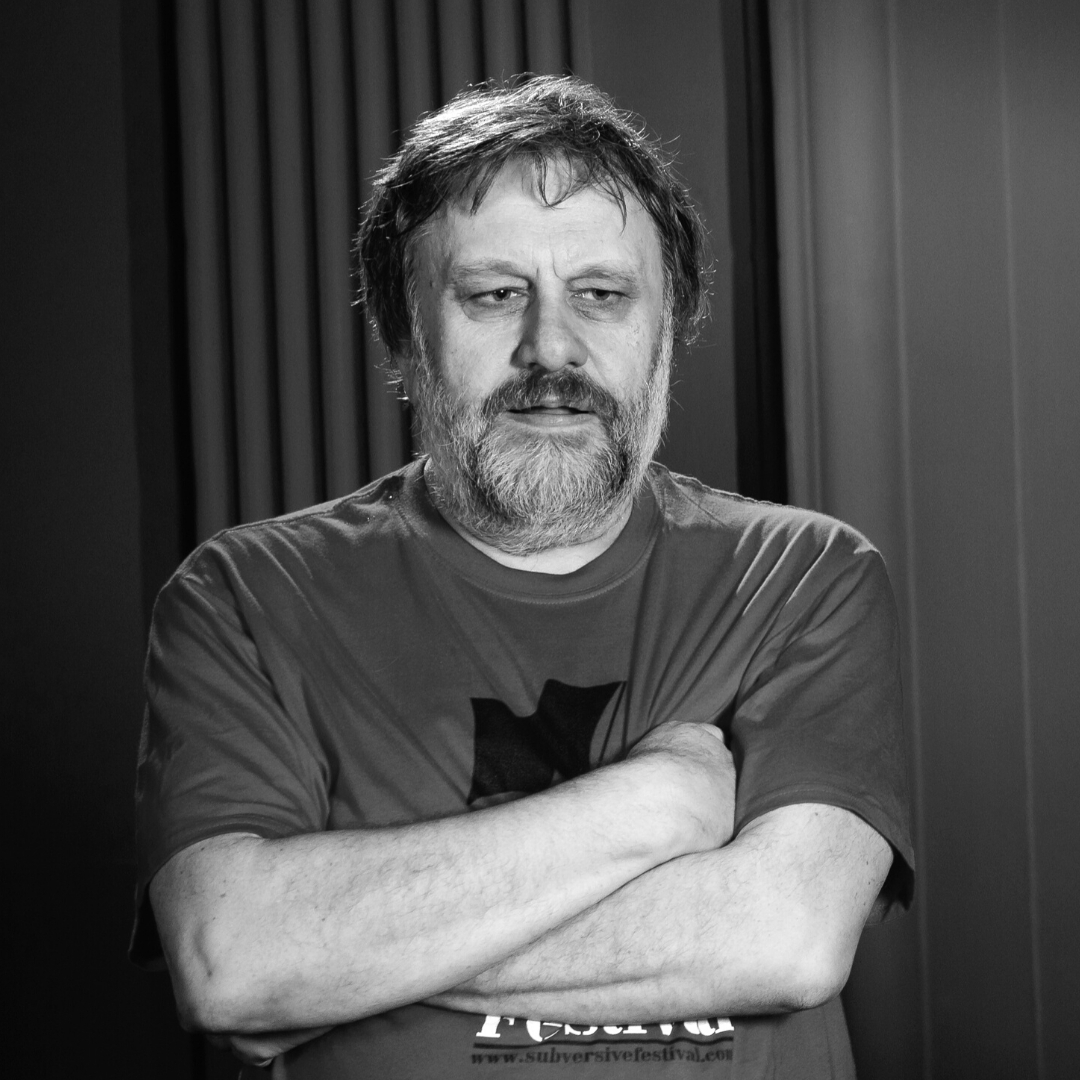

In other countries, the logic of government follows a different line based on propping up markets and the economy even at the risk and expense of large numbers of infections and deaths. Maybe, in Italy, Agamben’s thesis applies. ( 2020) point out: ‘In a matter of weeks (from February 21 to March 22), Italy went from the discovery of the first official Covid-19 case to a government decree that essentially prohibited all movements of people within the whole territory, and the closure of all non-essential business activities.’ It is a different situation in the USA and in the UK where Trump and Johnson discounted the virus threat, instituted a huge bail-out for business, and talk freely and against their own medical advisors of getting back to work by Easter. In Italy, the disaster struck because the government failed to act quickly enough or to pursue the right policies. Governments are nothing more than grim executioners, and taking it out on them seems more like a diversionary maneuver than a political reflection. There is a sort of viral exception – biological, computer-scientific, cultural – which is pandemic. We must be careful not to hit the wrong target: an entire civilization is in question, there is no doubt about it. Agamben ( 2020b) elaborates his well-known argument about ‘state of exception’ to apply it to Covid-19. The European Journal of Psychoanalysis provides a dialogue called ‘Coronavirus and philosophers’ that includes Foucault on ‘Plague towns’ and ‘panopticism’ as well as the brief reflection by Agamben with responses by J.L.

Some critics find Agamben’s suggestion that the measures taken were imposing an ‘authentic state of exception’ and that the ‘invention of an epidemic offered the ideal pretext’ for further limitations to basic freedoms too paranoid and far-fetched. why do the media and the authorities do their utmost to spread a state of panic, thus provoking an authentic state of exception with serious limitations on movement and a suspension of daily life in entire regions? (Agamben 2020a). He argues:įaced with the frenetic, irrational and entirely unfounded emergency measures adopted against an alleged epidemic of Faced with the frenetic coronavirus…. And, if he moves, he does so at the risk of his life, contagion or punishment.’ (Foucault 1975/1995: 195) Giorgio Agamben, basing his work partly on Foucault, by contrast, writes about the way Covid-19 has enabled the tendency to use a state of exception as a normal paradigm for government. As he writes: ‘It is a segmented, immobile, frozen space.

Michael Foucault described the ‘plague towns’ and street level administrative procedures for quarantine in the Middle Ages in terms of ‘strict spatial partitioning’ as an early form of panopticism.


 0 kommentar(er)
0 kommentar(er)
